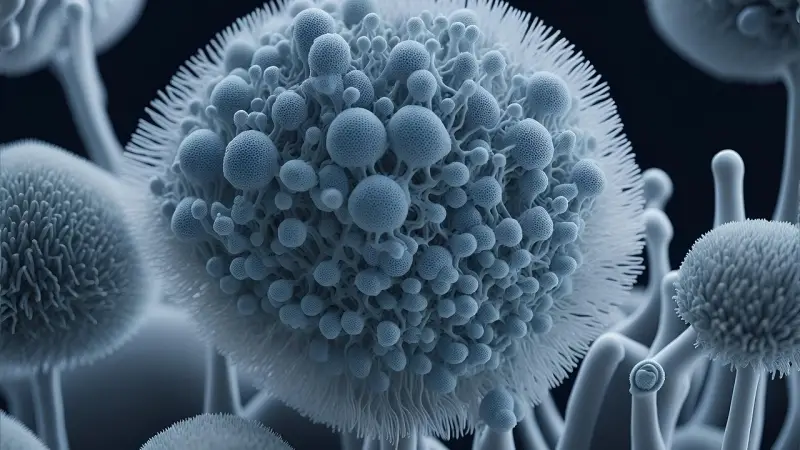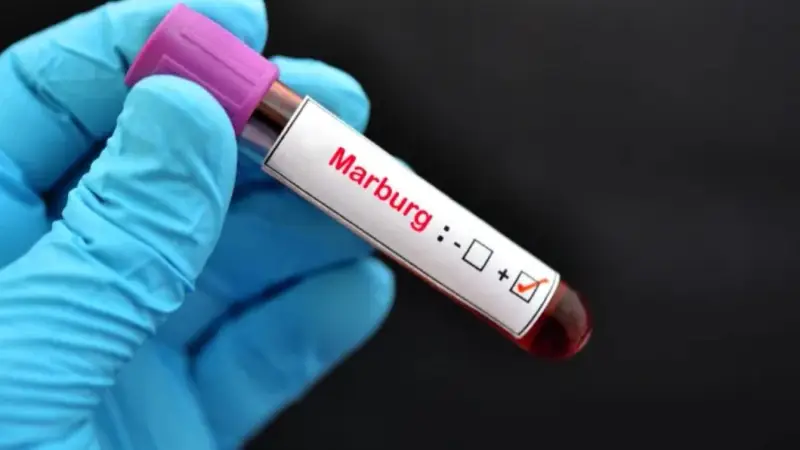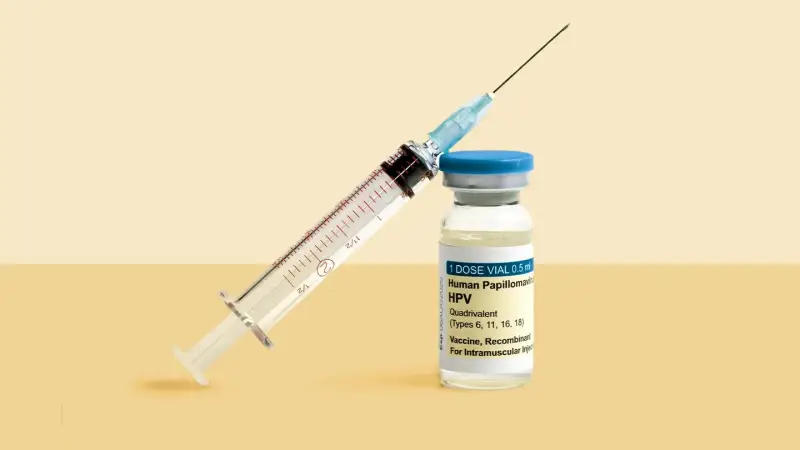
Instead of protecting, immune cells in these diseases attack the body itself. Current treatments focus on alleviating this self-attack, rather than addressing the root cause. Patients rely on taking expensive medications and injections for life, which can cause serious side effects, and these medications are often insufficient to completely control the disease.
Dr. Maximilian Konig, a rheumatologist at Johns Hopkins University, who studies some promising new treatments, says:
* “We are entering a new era.”
* “These treatments represent an opportunity to control the disease in a way we have never seen before.”
To achieve this, researchers are modifying malfunctioning immune systems, rather than just suppressing them, using different methods aimed at providing more effective and precise treatments than current ones.
These treatments are still in their experimental stages, and due to their potential side effects, they have so far been limited to patients who have exhausted all traditional treatments. However, people who have joined the early stages of the studies feel hopeful.
## Promising Trials
In Germany, Dr. Georg Schett from the University of Erlangen-Nuremberg conducted a therapeutic trial on a young woman in the late stages of lupus, who did not respond to any other treatment. After receiving a single dose, her condition improved significantly in a way she had not seen with any other medication since March 2021.
Konig described the initial results as “remarkable.”
These trials have led to a large number of clinical trials testing chimeric antigen receptor T-cell therapy in the United States and abroad, to treat a growing list of autoimmune diseases.
The experiment relies on drawing immune cells known as “T cells” from the patient’s blood and sending them to the laboratory. There, they are reprogrammed to destroy B cells. After undergoing chemotherapy for a short period to eliminate excess immune cells, the patient is injected with millions of copies of these “living cells.”
Chimeric antigen receptor T-cell therapy is exhausting and time-consuming, partly because it is a personalized treatment. Treating cancer in this way can cost $500,000. Some companies are currently testing ready-made versions, prepared in advance using cells from healthy donors.
(A. B)

















